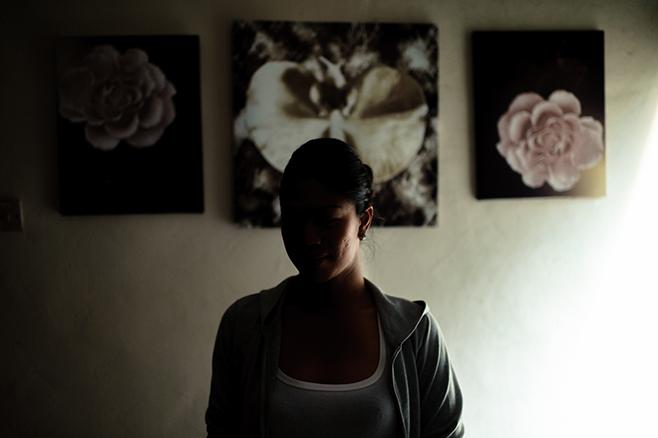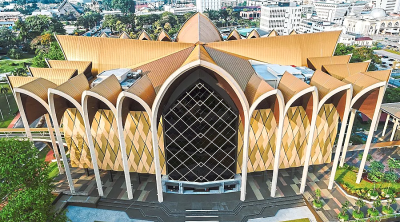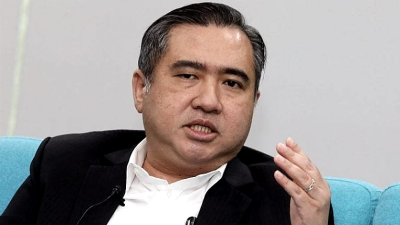
By Mariam Mokhtar
When one speaks about discrimination in Malaysia, the first topic will be non-Malays and non-Muslims. In addition, the members of the LGBT community face a lot of abuse and threats.
It is normal to read about non-Malay Malaysians excelling with their academic achievements and inventions when they go overseas.
For decades, non-Malays have been denied places in local universities, sidelined for jobs, and their business proposals rejected. Those who are able, travel to Singapore, or further afield, to Taiwan, China or western countries, to fulfil their educational needs and realise their ambitions.
Tan Zhongshan was born in Ipoh and he received an Asean scholarhip from the Singapore Ministry of Education, to read law at Cambridge. In 2010, he received a first class honours, was the top student in his final-year law examinations, won the Slaughter and May prize for the best overall performance, and many awards in various aspects of law. After graduating, he went to work for the Singapore legal service.
Another Perakian, an engineer from Taiping, Cheong Choon Ng, attended Wichita State University in America in 1991. After completing his masters, Ng stayed on to work. In 2010, he became a millionaire with his invention, Rainbow Looms. The idea was based on the rubber band skipping rope which is familiar to many Malaysian school children.
Would they have realised their ambitions in Malaysia, if they had been supported by the government? Was the rejection a blessing in disguise? How many other Malaysians, have been failed by our authorities?
Like many non-Malays and non-Muslims, the LGBT community is denied opportunities in education, health and jobs. They are not treated with respect and equality. They have a right to a decent living, but increasing numbers have been attacked and killed. When will we recognise that they have a right to life?
One person who contributed to society, but has only been acknowledged overseas, is Dr Kamila Kamaruddin, a transgender general practitioner (GP) who works in the National Health Service (NHS) in England.
She has won many awards for her work in the community; Finalist GP of the year 2018, Pulse Magazine UK, Diversity and Inclusivity Award, Tower Hamlets 2018 and the Royal College of GPs, Inspire Award 2019.
The awards mean a lot to her and fill her with pride. She said, "To be trans is hard and you have to negotiate through the prejudice and acceptance."
The Malaysian-born Kamila grew up in Ipoh, and is the youngest in a family of seven children. Her mother was a teacher, whilst her father was a civil servant in the Education department. The young Kamila yearned to travel, and said that a medical degree would be her passport to see the world, as she could work anywhere.
After one year of studying medicine at University Kebangsaan Malaysia (UKM), the opportunity to continue her studies in Belgium, at the Catholic University of Leuven arose; but she was told that she had to learn Flemish, as a prerequisite of enrolment. This was a challenge she accepted with relish.
After her graduation in 1987, Kamila returned to Malaysia to complete her housemanship, but left, three years later, when another opportunity arose, to work in the NHS.
She said, "My journey has been fraught with depression and bad coping mechanisms. With resilience and support from many, I have managed to channel my pain into advocating a more meaningful life for myself and others. To be recognised for what I have achieved is a privilege for me."
She is sad that as a Malaysian, she is deemed unworthy in her own country. She said, "My existence is denied and my achievement means nothing for many, and for the governing authorities."
It was easier to be a trans in England, than in Malaysia and she said, "My success is considered to promote a lifestyle for trans people. Malaysians are only interested to hear about trans people who have been killed or assaulted, as if they deserved such a fate.
"It is even sadder that the Malaysian medical community does not stand up and protect the interests of the trans community. Access to health care is denied by many in the medical practice."
Kamila compares her work experience in the NHS and said, "As a doctor in England, I am grateful that my colleagues support me and the NHS provides care for the minorities and the less privileged trans people.
"Inclusivity is one of the pillars of general practice which most GPs support.
"I am grateful to this country, and the NHS, for giving me the opportunity to thrive."
Kamila's story is one of encouragement and adversity. She overcame the barriers placed by a conservative Malaysian society, and she excelled. She is an inspiration to the younger generation, and to the people, who are denied a voice and support, to be who they truly are.
The new year and the start of a new decade is a good time for us to forge a new path, and respect and embrace all Malaysians, irrespective of their race, religion or gender.
Source:
1. The Star: Malaysian is top law student at Cambridge university
3. Amnesty International: Malaysia: end discrimination and backlash against LGBTI people
4. Human Rights Watch: "The deceased can't speak for herself": violence against LGBT people in Malaysia
5. Human Rights Watch: Malaysia should find 'right path' on LGBT rights
6. The Guardian: Trans patients in Englandface 'soul destroying' wait for treatment
(Mariam Mokhtar is a Freelance Writer.)
ADVERTISEMENT
ADVERTISEMENT


































